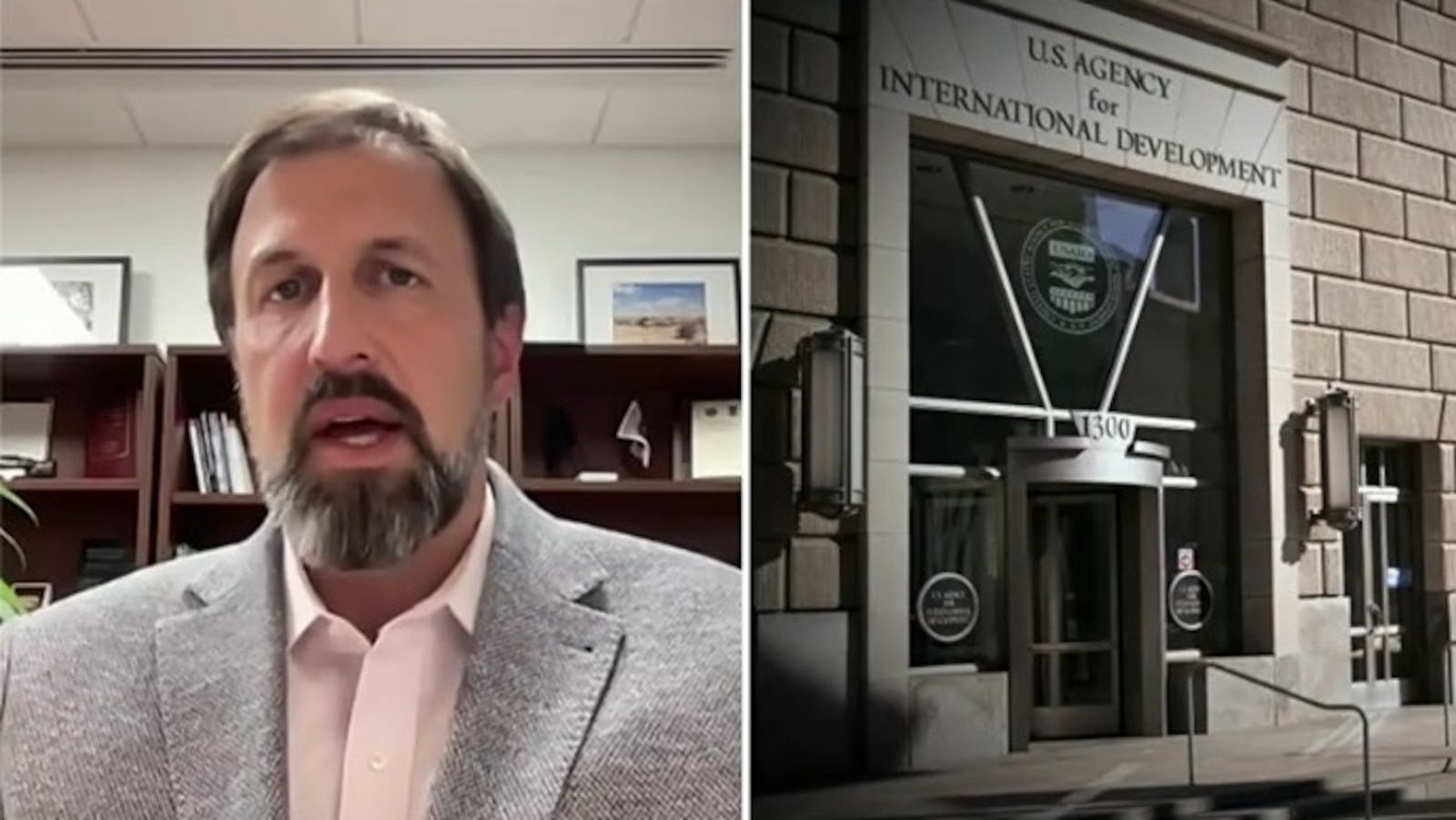The Implications of USAID’s Closure: A Crisis for Global Aid Efforts
The potential closure of the United States Agency for International Development (USAID) has sent ripples of concern throughout the humanitarian community. A former USAID official recently warned that this shutdown could spell disaster for international aid, raising alarms about the future of humanitarian efforts worldwide. For millions who rely on foreign assistance, the implications of USAID’s closure are dire. This article delves into the multifaceted consequences of such a development, exploring its impact on global aid initiatives and the vulnerable populations they serve.
The Role of USAID in Global Humanitarian Efforts
USAID has long been a cornerstone of international development and humanitarian assistance. Established in 1961, the agency plays a crucial role in delivering aid to countries facing crises, whether due to natural disasters, conflict, or systemic poverty. Its work encompasses a wide range of sectors, including health, education, agriculture, and disaster relief.
Every year, USAID allocates billions of dollars to support development projects and humanitarian response efforts. This funding not only addresses immediate needs but also fosters long-term stability and growth in fragile regions. The agency collaborates with numerous international and local organizations, leveraging its resources and expertise to create a more significant impact. Concerns about its closure highlight the potential fallout for millions of individuals and families who depend on this support.
Immediate Consequences of USAID’s Closure
If USAID were to shut down, the immediate consequences would be catastrophic:
- Loss of Funding: With USAID’s closure, vital funding for various programs would come to an abrupt halt. This includes life-saving initiatives such as food assistance, health care, clean water, and education.
- Disruption of Services: Many communities around the world rely on services funded or managed by USAID. The sudden withdrawal of these services could lead to increased mortality rates, particularly among vulnerable populations such as children and the elderly.
- Impact on Local Economies: USAID’s projects often stimulate local economies by creating jobs and supporting small businesses. The end of these initiatives could lead to economic downturns in regions already struggling with poverty.
Long-Term Implications for Global Aid Efforts
The long-term implications of USAID’s closure extend far beyond immediate funding losses. Here are some critical areas where the impact would be felt:
- Global Leadership in Aid: The United States has historically been a leader in international aid. USAID’s closure could diminish the U.S.’s influence in global humanitarian efforts, allowing other countries or non-state actors to fill the void, which may not align with U.S. values.
- Increased Dependency on Other Nations: Countries that rely heavily on U.S. aid may find themselves vulnerable to shifts in foreign policy from other donor nations, leading to uncertain futures.
- Loss of Best Practices: USAID is known for its rigorous monitoring and evaluation systems that help ensure aid effectiveness. The absence of these practices could result in inefficiencies and misuse of resources by other agencies or governments.
The Ripple Effect on Non-Governmental Organizations (NGOs)
Non-governmental organizations (NGOs) are often at the forefront of delivering aid in partnership with USAID. With the agency’s closure, these organizations would face a significant challenge:
- Funding Shortfalls: Many NGOs rely on USAID grants to operate their programs. The loss of funding could force them to scale back operations, lay off staff, or even shut down entirely.
- Increased Competition for Limited Resources: As NGOs scramble to fill the gap left by USAID, competition for funding from other sources will intensify, making it harder for smaller organizations to survive.
- Operational Challenges: NGOs often rely on USAID for technical assistance and capacity-building support. Without these resources, their ability to effectively address complex challenges may be compromised.
The Human Cost of USAID’s Closure
The most profound impact of USAID’s closure would be felt by the millions of people who depend on its assistance. The human cost cannot be overstated:
- Increased Hunger: With USAID’s food assistance programs in jeopardy, food insecurity rates could skyrocket, leading to malnutrition and starvation in vulnerable populations.
- Health Crises: Health initiatives funded by USAID, including vaccinations and maternal health programs, could face disruptions, resulting in preventable diseases and higher mortality rates.
- Compounded Trauma: Populations already affected by conflict or disasters would experience compounded trauma without the support systems that USAID provides.
The Path Forward: Rebuilding Global Aid Efforts
While the closure of USAID poses significant challenges, it is crucial to explore potential pathways forward. Here are some strategies to mitigate the impact:
- Fostering Multilateral Cooperation: Strengthening partnerships among donor countries and international organizations can help fill the gaps left by USAID’s closure.
- Innovative Funding Solutions: Exploring alternative funding mechanisms, such as private-public partnerships or crowd-funding initiatives, can provide additional resources for humanitarian efforts.
- Advocacy and Awareness: Raising awareness about the implications of USAID’s closure can mobilize public and political support for restoring funding and ensuring the continuity of aid efforts.
Conclusion
The implications of USAID’s closure are profound and far-reaching, threatening to unravel decades of progress in global humanitarian efforts. Millions of people depend on foreign assistance to survive and thrive, and the potential loss of this support raises urgent questions about the future of international aid. It is imperative for stakeholders, including governments, NGOs, and civil society, to come together to address these challenges and explore solutions that will ensure the continuation of vital humanitarian efforts worldwide.
In a time of uncertainty, the commitment to global solidarity and support for those in need must remain steadfast. The world cannot afford to turn its back on the vulnerable populations that rely on aid for their survival. The future of international assistance hangs in the balance, and collective action is essential to safeguard it.
See more BBC Express News

